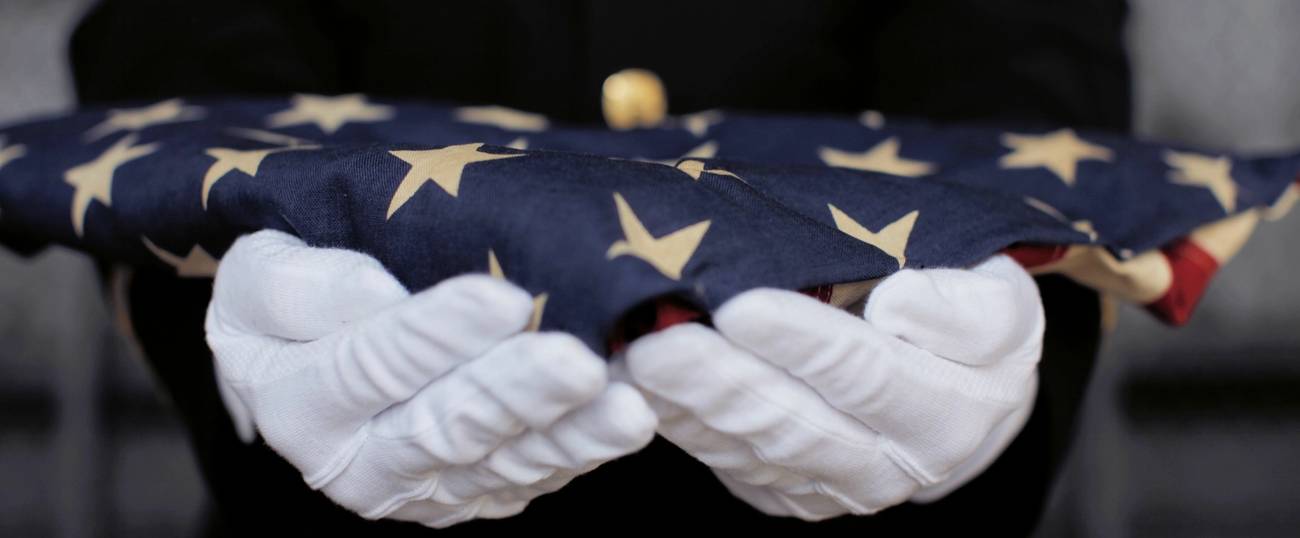My Father’s Military Funeral
When religious law kept my father, a World War II veteran, from receiving the military send-off he had always wanted, it was time to plan another fitting farewell




My parents were married on very short notice when my dad got leave from the Army over Lag Ba’Omer in 1942, just before he was to start officer candidate school. After a stint in Pennsylvania for that training, they then lived in officers’ quarters on a military base for two and a half years, until my father shipped out to the European theater of operations.
He was in the medical corps, and commanded an all-black company in the then still segregated army. His men adored him because, having had firsthand experience with discrimination himself, he was a far cry from their previous commander, a southerner who had delighted in tormenting them to amuse himself. He was the only officer on their troop ship to go down into the hold to check on his men during the Atlantic crossing. Those men would have followed him through hell, and, eventually, they did, making their way across Europe just behind the fighters and eventually getting caught in the Battle of the Bulge.
As an adult, I pieced together, from things my dad had said, that he had been a triage officer, and his men had removed the wounded from the battlefields, and later from field hospitals to transports, according to his direction. Afraid to broach the subject with him, I once asked his former lieutenant, a close family friend, how they had managed to live with those experiences. “You try not to think about it,” said Al, who had trained as a pharmacist. “And you have to remember, we were very young.”
My father was proud of his service, and always said he wanted a military funeral, but he died just after midnight on a Saturday, and, following Jewish tradition, we held his funeral that Sunday morning. It took me hours on the phone the day he died just to find someone at the VA who could get us a flag to cover his plain pine coffin; the guys from the funeral home folded it just before he was buried, and then presented it to my mother, but that was as military as it got. It was something, but not the military honors he’d wanted—and deserved.
So when it came time to dedicate the gravestone, I was determined to honor his wishes, although my siblings were adamant that there be no guns. With more time to plan, I was able to speak at length with our state’s military liaison, the person who sends out the ceremonial crews. He sent a bugler and two members of the military, and even volunteered to make sure one of them was an officer, as my father had been.
As the religious service was conducted, the two of them held the flag taut above the grave. Taps sounded on the golden autumn air above the cemetery. Then they smartly folded the flag, and again presented it to my mother, “with the thanks of a grateful nation.”
It meant a lot to her, and actually to all of us. And I felt my dad would have been pleased. I guess it is never too late to obey the Fifth Commandment, honoring my father as he honored us all with his service.
Ellen M Kozak is a lawyer and writer in Milwaukee. Her most recent book is The Everything US Constitution Book, published by Adams Media. She prefers her blintzes with no sugar added.